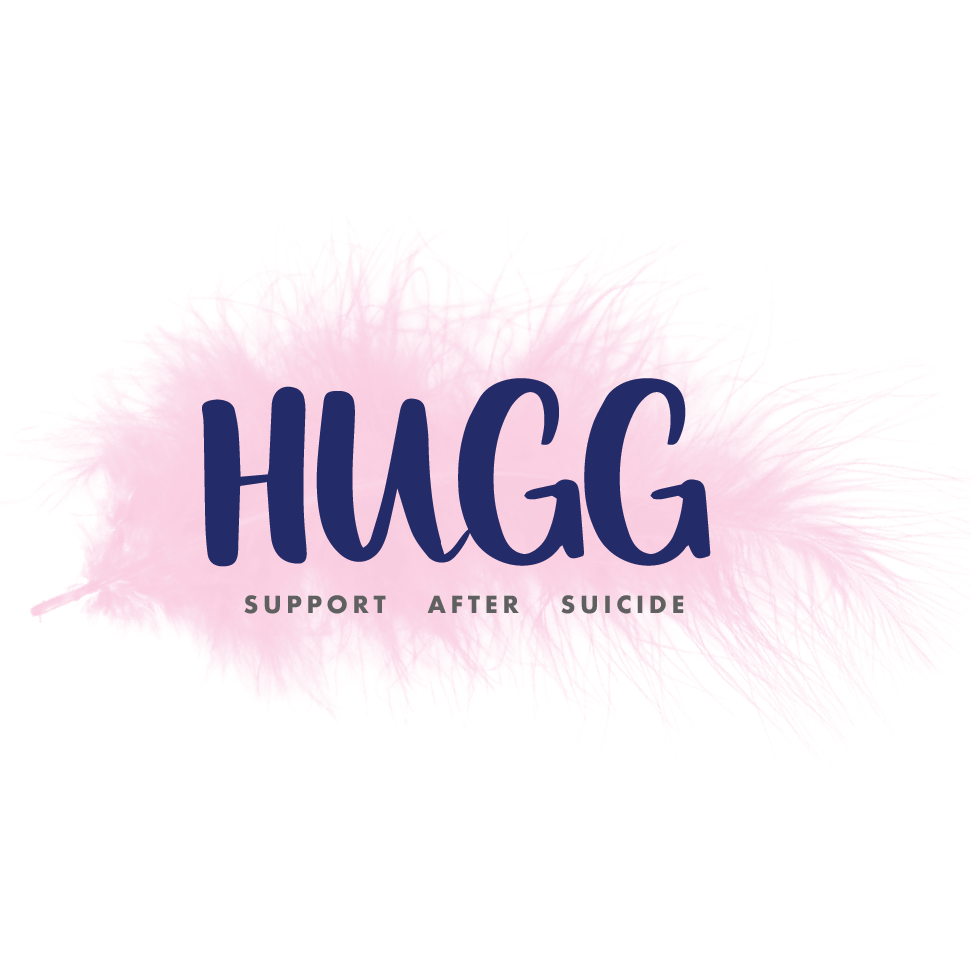Understanding Men’s Grief After Suicide
Grief after suicide is profound and often bewildering.
For many men, it can be uniquely challenging because of social expectations about being “strong,” private, or self-reliant. When grief is pushed inward, pain can feel even heavier. This piece explores why men’s grief may look different, how that’s perfectly valid, and the supports that can help when the road feels long.
Why Men’s Grief Can Look Different
Men are often discouraged, either explicitly or implicitly, from showing vulnerability. As a result, many cope by withdrawing, keeping busy, or trying to "get on with it." This can lead to a painful mix of isolation and guilt.
In AfterWords, a survey of people bereaved by suicide in Ireland, 65% of men reported mental health difficulties after the loss. Forty percent used alcohol to cope. Thirty-three percent experienced problems in family relationships. Twenty-eight percent said their physical health deteriorated. These figures highlight the need for timely, tailored support, along with compassion for ourselves and each other.
Different Grieving Styles (All Valid)
Grief is not one-size-fits-all. Many men lean toward instrumental grieving, which means processing through thinking and doing rather than expressing visible emotion. Others are intuitive grievers, and many move between styles over time.
Returning to work, playing sport, or tackling projects is not a sign of avoiding grief. These actions can be genuine ways of carrying both love and pain. What matters most is whether your way of grieving helps you feel supported and connected.
What Can Help
There is no single right strategy. Try a few approaches and notice what supports you best:
- Move your body. Walks, gym sessions, solo or team sports — physical activity can lift your mood and help regulate your nervous system.
- Peer connection. Men’s or mixed bereavement groups, including suicide-specific peer support, can normalise feelings and offer practical coping tools.
- Professional support. A counsellor or psychotherapist with experience in suicide bereavement can help with complex emotions, trauma, and guilt.
- Create and make. Journaling, music, woodworking, gardening — expressing grief through action can be deeply grounding.
- Mindfulness and breath. Simple practices can help you ride emotional waves without being overwhelmed.
However you grieve, your love is real, and so is your loss. You do not have to go through this alone. Reaching out for connection is an act of strength, not a failure of it. If you have been bereaved by suicide and would value peer support or a listening ear, HUGG is here to walk alongside you.
AfterWords: A survey of people bereaved by suicide in Ireland. O'Connell S, Tuomey F, O'Brien C, Daly C, Ruane-McAteer E, Khan A, McDonnell L, Arensman E, Andriessen K, Grennan A, Griffin E (2022)
Memorial Gift Shop
View AllRIP.ie Sympathy cards
Thoughtfully penned Sympathy Cards. Designed and printed in Ireland by RIP.ie.
Condolence Books - Printed and Bound
Creating a printed hardbound book of online messages of condolence can be a meaningful way to preserve and honour the memories of a loved one.
Mini Condolence Books - Printed and Bound
Creating a soft paperback book of online messages of condolence can be a meaningful way to preserve and honour the memories of a loved one.


